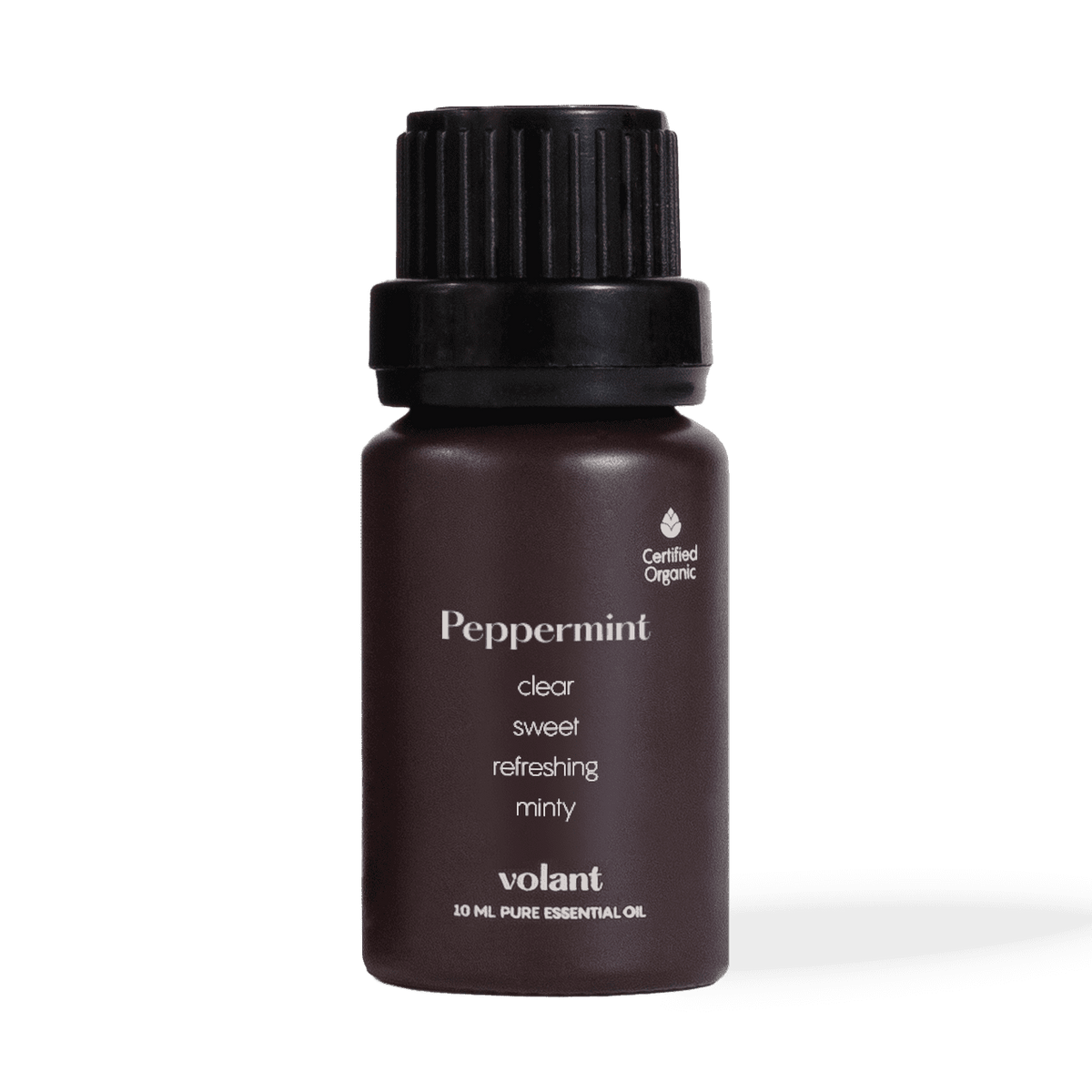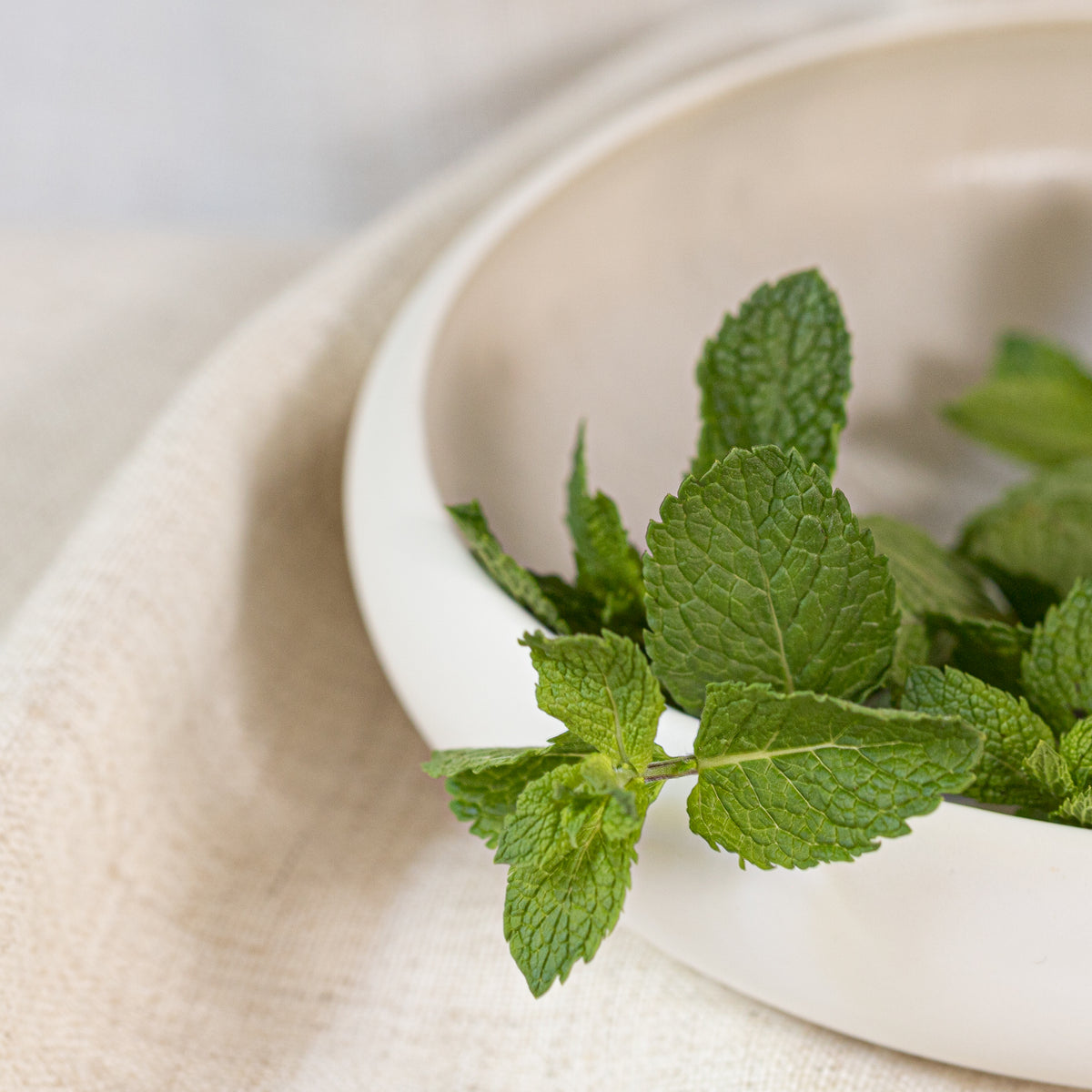Rosehip oil has many more advantages to offer, too. Its anti-inflammatory properties offer a certain amount of pain relief, so it’s a great natural remedy for skin wounds and other skin issues and it can decrease the appearance of scars and stretch marks.
You can use rosehip oil in aromatherapy massages and as a topical application. Just make sure you know about its potential side effects and how it can interact with other medication before you start enjoying what it has to offer. This guide tells you all about rosehip oil and how to use it safely and effectively.
What is rosehip oil?

When you purchase pure rosehip seed oil, you’re using a product made from the fruit of rose bushes. When the flowers die, they leave a bright red/orange, spherical fruit behind, and this is the rosehip.
These small, edible fruits are packed full of goodness, with standout varieties including the Rosa canina, native to Europe, northern Africa and western Asia, and Rosa rugosa, which comes from China, Japan, and Korea.
Rose oil, in contrast, gets extracted from rose petals. When you’re using rosehip oil for face benefits, you’re applying a product that’s created by pressing the fruit and seeds of the plant instead. It’s loaded with nourishing vitamins and essential fatty acids that are wonderful for your skin.
The phenols it contains give it antibacterial, antifungal and antiviral properties too. It also makes a phenomenal carrier oil for essential oils that are too strong to put on your skin directly, allowing you to enjoy their benefits at the same time.
Rosehip carrier oil - quick facts
✅ Latin name: Rosa canina L.
✅ Also known as: Dog rose
✅ Country of origin: Asia, Europe, northern Africa
✅ Scent note: Fruity and floral
✅ Popular uses: Anti-aging, acne, skin care, scars
How is rosehip oil made?

Pure rosehip seed oil is created from rosehips that have been freshly cut from rose bushes. All stems, leaves and blooms are removed, and the rosehips are then washed and dried, usually by being spread out in a heated room.
The rosehips then get cooked in a water-filled pot and the seeds eventually float to the surface. Seeds are then removed from the resulting mash by sieving and then the rosehips are dried once more. Cold pressing is what ensures that the rosehips retain their essential fatty acids and powerful antioxidants.
Benefits of rosehip oil

What are the benefits of using rosehip carrier oil? Does rosehip oil expire? What areas of the body are most in need of the advantages this oil offers? Read on for answers to all these questions, plus a few you may not even have thought of yet!
Some of the main benefits of rosehip oil include:
- ✅ Anti-aging properties
- ✅ Soothing arthritis
- ✅ Moisturizing facial oil
- ✅ Nail care
Let's take a look at each of these benefits of rosehip oil in more detail.
Anti-aging properties

The anti-aging effects of rosehip oil are partly a result of the antioxidants it contains, like vitamins E and A. These may even help protect you against photoaging and regularly using this oil can help you fight the negative effects of UV rays.
Use it to reduce and even reverse sun damage, lessen the appearance of wrinkles, diminish hyperpigmentation and for mild to moderate acne. Certain people also use rosehip carrier oil to minimize the appearance of stretch marks and scars.
Soothing arthritis

Pure rosehip seed oil is a traditional remedy for joint pain in osteoarthritis and rheumatoid arthritis because it contains omega-3 and omega-6 fatty acids, anthocyanins and polyphenols, all of which reduce inflammation and discomfort.
Its anti-inflammatory qualities makes it a potential option for people who can’t take certain types of pain medication.
Moisturizing face oil

Rosehip oil for face care is so popular because it is a dry oil with a thin consistency that allows it to be easily absorbed. Not only will you not be left with greasy residue when you use it, but its brightening properties can help restore your skin’s natural color and tone. It can also lighten dark blemishes on the face.
Nail care

Pure rosehip seed oil is a wonderful product for healing your nails. The omega-3 it contains will help combat skin dryness, peeling and brittle nails. Use it on your cuticles and massage it into your nail beds before you go to sleep each night and apply it after you wash your hands to ensure your natural skin oils don’t get stripped away.
How to use rosehip oil
Rosehip carrier oil can be used in one of two ways, depending on what you’re looking to gain from it:
- ✅ Aromatherapy massage
- ✅ Topical application
Let’s find out what goes into these rosehip carrier oil applications.
Aromatherapy massage

When you incorporate rosehip carrier oil into an aromatherapy massage, it can help soothe inflammation and pain. Its own scent is believed to have a stress-relieving effect and this can be enhanced by blending it with a range of different essential oils.
Boost your mental function by adding peppermint essential oil, for example, or calm anxious feelings by using lavender essential oil with it. Soothe a troubled mind by blending it with chamomile essential oil or heighten awareness with a few drops of frankincense essential oil. If you suffer from depression, or even if you’re just feeling blue, geranium essential oil can help brighten your spirits, too.
Topical application

If you’re looking to harness the anti-aging effects of rosehip oil, topical application is best. It will soothe skin prone to dryness, hyperpigmentation, and is safe to use for people with sensitive skin such as those with eczema and psoriasis. Applying it to areas of rough skin like your heels, elbows and knees will also help restore these areas.
.
When you use rosehip oil for face care, it will help restore your skin’s natural color and tone and lessen the appearance of acne scars, age spots, dark blemishes, sun damage and wounds.
Rosehip oil’s anti-inflammatory, antioxidant and astringent properties also mean it's excellent when it comes to burn and wound healing. The fact that it tightens the skin also makes it a very effective skin-firming treatment and it strengthens brittle nails, dry cuticles and dry skin at the same time.
Rosehip carrier oil research

Scientists have proven some popular beliefs about the efficacy of rosehip oil for face treatments, as a pain reliever, to fight bacteria and in terms of its overall health benefits.
Rosehip and pain reduction in arthritis sufferers - 2008, 2010
Made up of three studies of 287 patients with osteoarthritis over the course of three months, this research revealed that the 145 participants using rosehip powder showed reduced pain scores. The 142 patients using a placebo did not.
Another double-blind, placebo-controlled study on 89 subjects with rheumatoid arthritis found that rosehip powder, when encapsulated and ingested, reduced their pain significantly over 6 months.
Antibacterial effects of rosehip - 2018
In a recent randomized placebo-controlled study among 400 women having undergone a cesarian section, 200 of them were given capsules containing rosehip to help fend off E. coli-based urinary tract infections (UTIs) which often plague women after c-section-related procedures such as catheterization. They found that ingesting rosehip significantly reduced the incidence of UTIs.
Rosehip as a source of lycopene - 2003
This article showed that rosehip has a remarkable lycopene content. This powerful antioxidant has an array of health benefits, including improved heart health, sun protection, and it can even lower certain types of cancer. This organic pigment is also at the heart of the amazing anti-aging effects of rosehip oil.
Rosehip oil for treatment of scars - 2015
Rosehip oil as part of treatment for post-surgical scars was undertaken in this study. Significant improvements were noted in patients using this fruit oil twice a day at the 12-week milestone.
Side effects of rosehip oil
Although people rarely experience side effects when using rosehip carrier oil, it’s not impossible for this to happen. Immediately discontinue use if you experience any of the following:
- Congestion
- Difficulty breathing
- Hives
- Increased heart rate
- Rash
Contraindications of rosehip oil
Although rosehip has been studied in various ways for internal use, we do not recommended taking rosehip oil internally.
Because of the high amount of vitamin C in rosehip oil, check with your doctor before using it if you suffer from anemia, diabetes and/or kidney stones.
It may also increase your risk of bleeding, so stop using it at least 14 days before surgery, and avoid it if you’re on blood-clotting medication of any kind.
Where to buy rosehip oil
It’s relatively easy to find rosehip carrier oil these days, both online and in brick-and-mortar shops. Always check the ingredients list of any product before you buy it to make sure you’re getting what you want, and read reviews if you can so you know what to expect.
Volant

Volant is the perfect place to purchase your product and start harnessing the anti-aging effects of rosehip oil. A user-friendly site for high-quality, organic essential oils and diffusers too, our commitment to customer satisfaction means that we’ve accrued a very loyal client base. Our products are 100% pure, additive free and vegan friendly.
Amazon
One of the world’s biggest online marketplaces, Amazon can be a convenient way to shop for busy people these days. With so many different vendors, however, it’s best to either stick with businesses you know or those you have carefully vetted by reading reviews and product descriptions.
Pharmacies
You may well find that your local pharmacy stocks rosehip oil. Remember to compare product ingredients as well as prices.
eBay
eBay can be a wonderful resource for rosehip carrier oil, but beware that the multitude of vendors means there’s as much variance in quality as there is in price. Chat with sellers, read reviews and identify the ingredient lists.
Rosehip oil FAQs
Does rosehip oil expire?
Yes. As is the case with most natural products, your rosehip oil does have a shelf life. The best way to tell if yours has turned rancid is by using your nose. Rosehip oil should smell earthy. If you detect a musty, sour smell, it’s probably past its date.
Can I apply rosehip oil directly to my skin?
Yes. You can put rosehip oil straight onto your skin on its own or as a carrier oil for other stronger facial oils or essential oils. You’ll find that it’s often used in skin care products and it should also be fine to use on its own. Always do a patch test first to make sure you don’t have any reaction to it.
How long does rosehip oil take to absorb?
It gets absorbed very quickly. Apply two to three drops to the palms of your hands, rub them together and then run them over your face or wherever you’re applying it. You can also add a drop or two to your normal moisturizers. For best results, use it first thing in the morning and before you go to bed.
Can I apply rosehip oil under my eyes?
Yes. It’s absorbed very quickly and it’s non-greasy, so it should be safe for you to use on the sensitive skin underneath your eyes. Just remember to do a patch test beforehand to make sure you don’t have any allergies to it.
In summary
Rosehip oil is a great addition to your cosmetics toolbox as well as your medicine cabinet. It rejuvenates, freshens and protects skin, reduces inflammation, aches and pains, and blends wonderfully with a range of essential oils.
At volant, we’re proud to offer ethically sourced, sustainable products that we’re happy to guarantee you’ll be satisfied with. Our rosehip carrier oil is not tested on animals and is certified organic.
Do you have more questions? If so, don’t hesitate to reach out to us at support@volantaroma.com. We’re always happy to hear from our customers!







